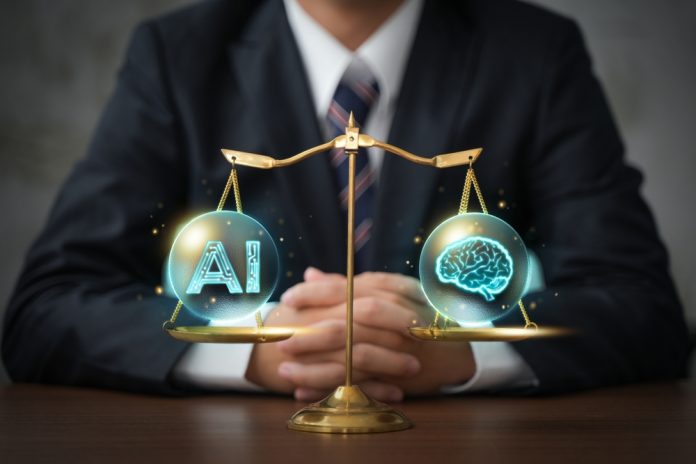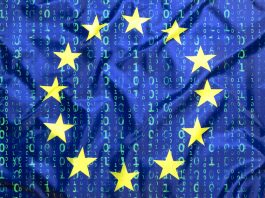Human rights, democracy, and the rule of law will be further protected from the risks of AI under a new international agreement signed by Lord Chancellor Shabana Mahmood today.
The new framework agreed by the Council of Europe commits parties to collective action to manage its products and protect the public from potential risks of AI.
AI is likely to bring significant benefits, such as boosting productivity and increasing cancer detection rates. However, the new convention includes important safeguards against its risks, such as the spread of misinformation or using biased data, which may prejudice decisions.
How will the new treaty protect AI misuse?
The treaty will ensure countries monitor their development and manage any technology within strict parameters. It includes provisions to protect the public and their data, human rights, democracy, and the rule of law.
It also commits countries to act against activities that fall outside of these parameters to tackle the misuse of AI models that pose a risk to public services and the wider public.
Once the treaty is ratified and brought into effect in the UK, existing laws and measures will be enhanced. For example, aspects of the Online Safety Act will better tackle the risks of AI using biased data and producing unfair outcomes.
Lord Chancellor and Justice Secretary Shabana Mahmood said: “We must not let AI shape us – we must shape AI.
“This convention is a major step toward ensuring that these new technologies can be harnessed without eroding our oldest values, such as human rights and the rule of law.”
As the first legally binding international treaty on AI, the Convention will ensure a united front worldwide in managing the technology’s dangers in accordance with our shared values.
Countries outside the Council of Europe are also being invited to become signatories, including the US and Australia.
The UK’s role in promoting safe and trustworthy AI
The new agreement has three over-arching safeguards:
- Protecting human rights, including ensuring people’s data is used appropriately, their privacy is respected, and AI does not discriminate against them.
- Protecting democracy by ensuring countries take steps to prevent public institutions and processes from being undermined.
- Protecting the rule of law by putting the onus on signatory countries to regulate the risks of AI, protect its citizens from potential harms and ensure it is used safely.
As the convention is ratified, the government will work closely with regulators, the devolved administrations, and local authorities to ensure it can appropriately implement its new requirements.
The UK continues to play a key role as an international leader in safe, secure, and trustworthy AI, having hosted the AI Safety Summit and co-hosted the AI Seoul Summit, established the world-first AI Safety Institute, and played a key role in the negotiations that framed the Convention signed today.
“AI holds the potential to be the driving force behind new economic growth, a productivity revolution, and true transformation in our public services, but that ambition can only be achieved if people have faith in the innovations that will bring about that change,” explained Peter Kyle, Secretary of State for Science, Innovation and Technology.
“The Convention we’ve signed today alongside global partners will be key to that effort. Once in force, it will further enhance protections for human rights, rule of law and democracy, – strengthening our own domestic approach to the technology while furthering the global cause of safe, secure, and responsible AI.”









